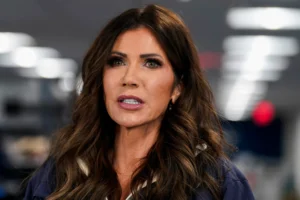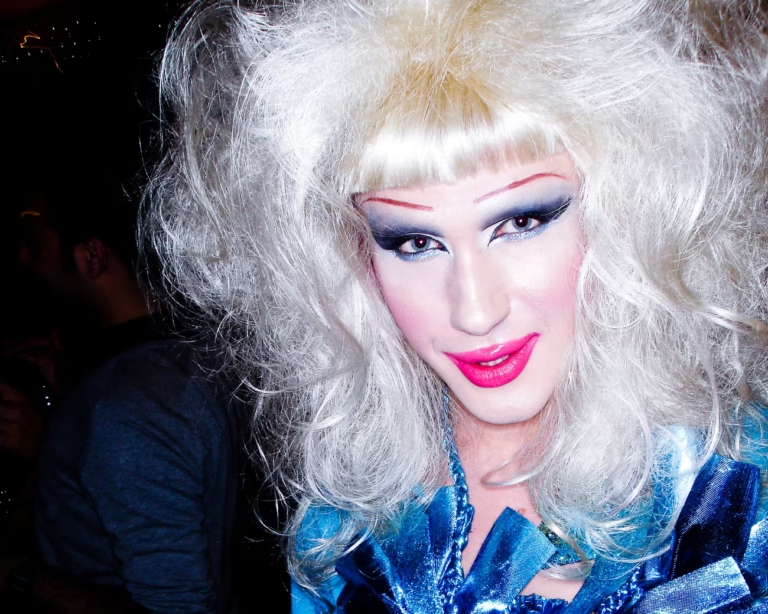In 2000, Jodie Harsh received a letter from his father that would change his life. “I don’t even understand you,” it read. “I find it hard to love you.” It was slipped under his bedroom door during a low point, and the words split him wide open.
As a child, Harsh had always been flamboyant. He loved plaiting hair and imagining spotlights, while his father tried to steer him toward a “proper” boyhood of football boots and muddy knees. Harsh’s delicate wrists were forced into karate lessons, his differences a constant source of tension.
By age 15, he found freedom in London’s nightlife. He would take the train from Kent, using a fake ID, and dive into the city’s clubs. There, he could escape expectations, experimenting with booze, party drugs, and a group of older friends who accepted him as he was. On weekdays, life in suburbia dragged, but nights in the clubs felt dizzying and alive.
The double life couldn’t last. Truancy and rumors at school forced him into the open. One Friday evening, he faced his father in the living room. “Are you queer?” his dad asked. Harsh answered defiantly, proud of who he was. That night, the letter appeared under his door, and a cold silence settled between them.
Dinner became unbearable. His father couldn’t sit in the same room. Harsh slipped into a deep depression, and he vowed to reject the traits he shared with his father. By 18, he moved to London, seeking reinvention and safety in distance.
He discovered drag as a creative outlet, working in nightclubs and gaining admiration for his performances. Behind the DJ decks, Harsh thrived. Yet, he masked his true self, caught between the need to be seen and the fear of being known. Even as he earned respect and attention, the relationship with his father remained distant.
Years later, his father’s wife called him after seeing Harsh on a TV makeover show. He was in full drag, and his father recognized him, sparking a second coming out. The result was the same: silence. Harsh’s creative expression, the part of him most celebrated by others, frightened his father.
Over time, Harsh stopped hoping for acknowledgment. The absence became a furnace for his drive, and he built a career fueled by the space left by his father’s rejection. Attempts at reconciliation felt pointless. As his sister bluntly told him, “You won’t hear back.”
Last year, his father died of a heart attack. There was no final conversation, no dramatic reunion. Harsh attended the funeral quietly, realizing few people knew he existed as his father’s son. The experience brought a sense of closure. His bitterness lifted, and he understood that not all relationships require repair. Sometimes, the music ends, and the lights come up.
Harsh’s story is now shared in his memoir, You Had To Be There, published by Faber. It is a testament to resilience, creativity, and the painful realities of coming out to a parent who cannot accept you.







